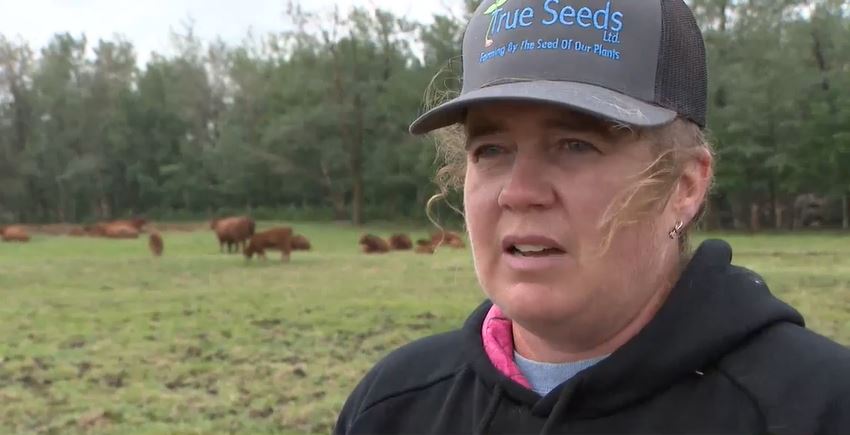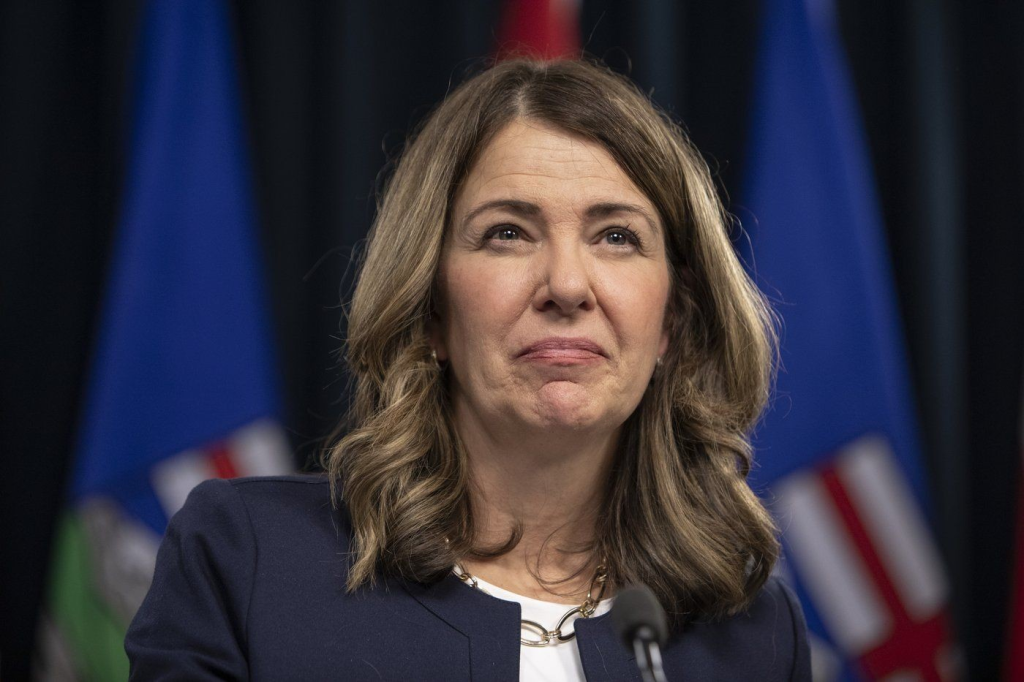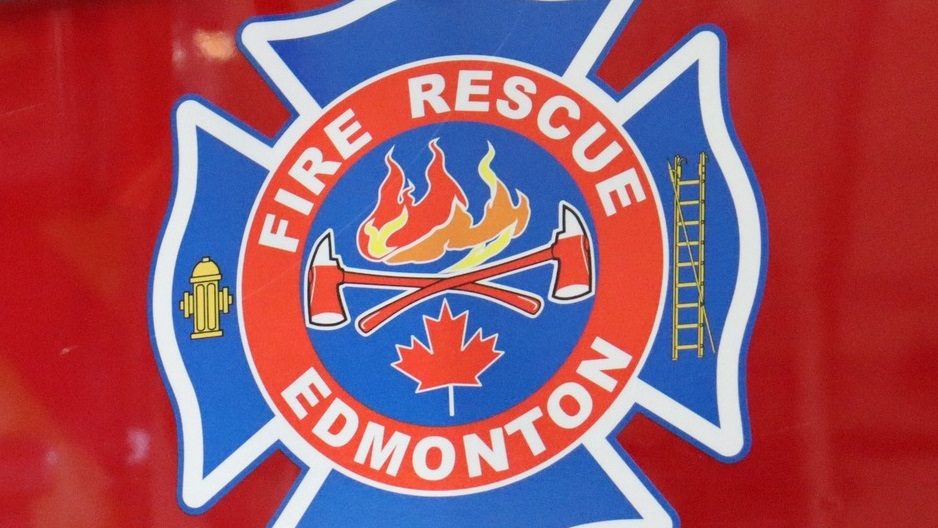Little relief for Alberta farmers, ranchers dealing with ‘abnormally dry’ conditions
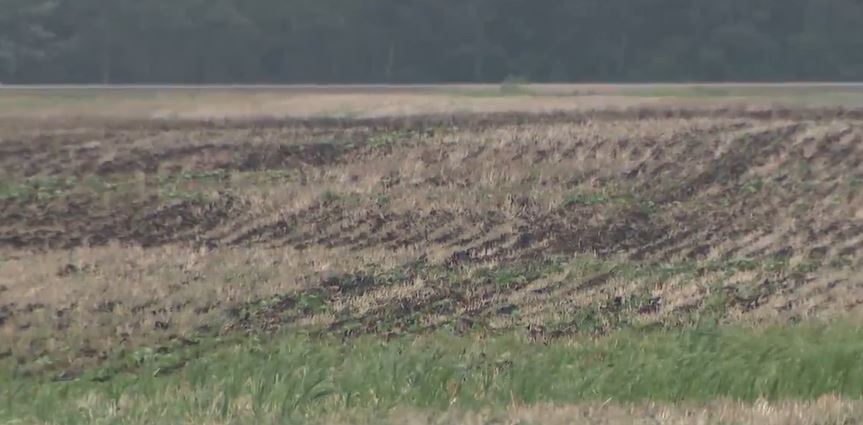
Posted June 17, 2023 5:18 pm.
Last Updated June 17, 2023 5:22 pm.
Days away from catastrophe.
That’s how Alberta farmer and rancher Theresa Reminsky described the situation in the drought-parched province before the rain finally fell last week.
The precipitation and humidity brought some relief to Reminsky and fellow farmers.
“The rain is amazing,” she said. “It’s a blessing, it makes everyone happy and gives us hope that what was looking like would be a catastrophic failure has the opportunity now to become something.”
But after a tough start to the year with unseasonably hot temperatures, she concedes much of the damage was already done.
“These plants should easily be six or eight inches tall at this point, but the plants that are here are only about three inches off the ground,” said Reminsky.
“There is absolutely damage done that will be irreversible.”
‘Their voices sound defeated’
According to Agriculture Canada’s Drought Monitor, 82 per cent of the agricultural regions of the three Prairie provinces were either “abnormally dry” or in “moderate to extreme drought” as of the end of May.
“It has taken an emotional toll on everybody. Physical, mental,” said Reminsky. “I mean talking to farmers the last few days, their voices sound defeated. They’re exhausted, and there’s no option to quit.”
RELATED: Alberta farmers struggling with continued drought conditions
Reminsky says her crops are far behind schedule and is worried the quality and quantity at harvest time this year will be low. She’s expecting a yield anywhere from 10 per cent to 50 per cent lower than normal across the board.
“There are plants out here, there are entire fields that have already shut down,” she said. “They have already started the heading out process, the seed process. And those plants are not going to make it.
“They will make seed at eight inches tall, and usually a combine cuts at eight inches, so they should be much higher than that. So some of the plants are not survivable, they have already died.”
Big toll on cattle herd
And it’s not just the crops: the lack of rain took its toll on cattle country too. Reminsky’s cattle herd isn’t as big as it once was, as there isn’t enough food for them to eat.
“I know of producers who have lost calves strictly because of the heat, and they couldn’t cope,” she said.
The situation even turned desperate at one point, with Reminsky needing to use her veterinarian skills when two of her calves were in danger from the heat.
“That calf got sick with heat stress, and I ended up putting it on IV, and it was very ill and got worse throughout the course of the day and I was able to save it. I’m lucky I have that set of skills, but I still lose animals, and it’s still hard.”
The Alberta rancher has needed to sell some of her cattle as there isn’t enough grass for her herd.
“Anyone is foolish not to keep a small reserve, and if we didn’t have enough hay as a reserve, these guys wouldn’t be here because right now they are still being fed dry feed, so we are using up our reserve to keep these guys here,” said Reminsky.
“We started the culling procedure because we are trying to save enough feed to feed the most productive animals.”
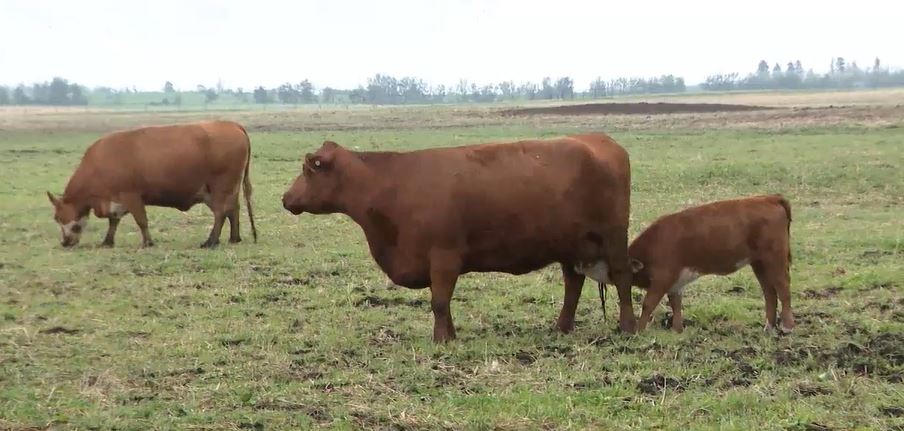
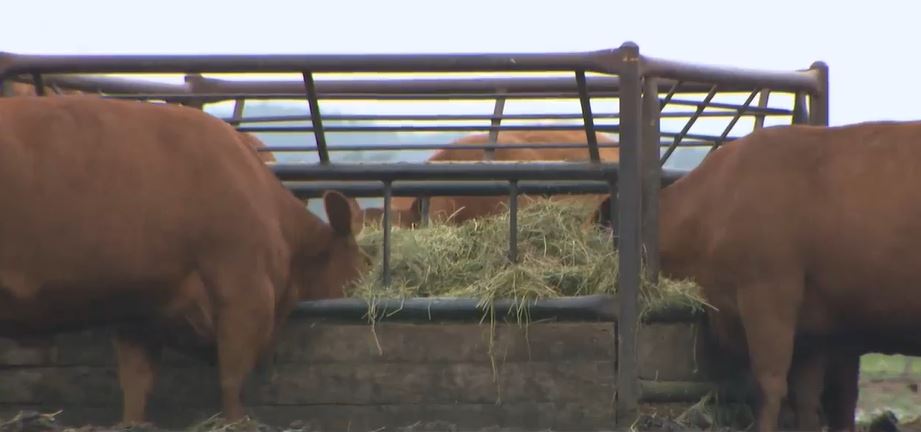
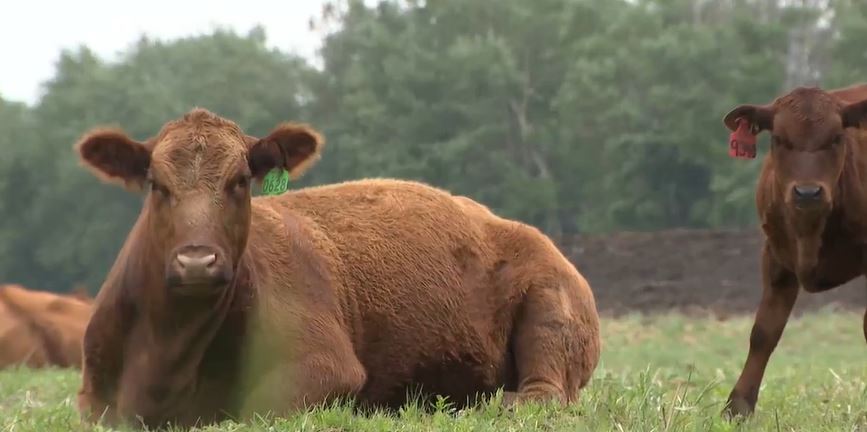
Cattle industry shrinking steadily
The Canadian cattle industry has already been steadily shrinking for years. Last year, the size of the Canadian cattle herd fell to 12.3 million animals — the lowest level recorded since July 1, 1988.
The 2.8 per cent year-over-year reduction was in large part due to the after-effects of an extremely harsh drought on the Prairies in 2021.
That’s why after multiple difficult growing seasons, Reminsky says she’s not quite ready to celebrate because of a few inches of rainfall.
“Society tends to think they can control everything, and if you work harder you can make it better,” she said. “But farming is humbling because you can work until you’re exhausted, and you can feel defeated that something died or the crop failed, but you don’t have any control over the weather. And you have to accept what comes – good or bad.”
—With files from The Canadian Press
